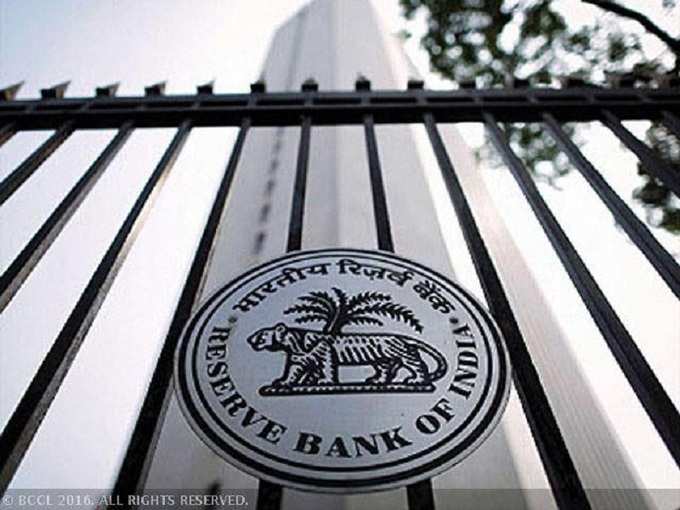 Citing danger to life and national security, India's central bank, the Reserve Bank of India (
Citing danger to life and national security, India's central bank, the Reserve Bank of India (The
According to a report by Bloomberg, the RBI board approved the ban three-hours before PM Modi's speech and hadn't discussed the matter beforehand.
On the other hand, the RBI told a lawmakers' panel that the government had "advised" the monetary authority to "consider" the ban a day before the RBI board made its recommendation. The government then "considered the recommendations" and decided to withdraw the notes, culminating in PM Modi's address that blindsided the nation.
Now, more clarity is expected on January 20th, when RBI Governor
"It is very perplexing that the RBI doesn't answer questions about how the decision was arrived at. There are concerns that in the whole process the RBI has been sidelined by the government and that raises questions about its independence," Shilan Shah, Singapore-based India Economist at Capital Economics, told ET.
The central bank as of January 11th, had answered five out of 14, disclosing the date and time of the RBI's board meeting and the fact that the board had never discussed demonetization before Nov. 8
It also said it doesn't have information to answer one question, on how many of the worthless notes have been deposited at commercial banks
It transferred two questions on printing of new notes to organizations that manage the presses
The RBI said that a question asking "what prompted the board to discuss and approve the withdrawal of notes" doesn't come under the definition of "information" under the
Also, RBI provided different answers to a question asked three times, seeking details on board members who opposed the move. In two replies the RBI said "it is a matter of fact that the decision was unanimous." In a separate response, it said "this information is not available on record"
To a question seeking details on the number of demonetized notes already at banks on the evening of PM Modi's speech, the RBI claimed an exemption, citing danger to the life or physical safety of anyone who disclosed this information to the public
The RBI also claimed exemptions on two questions seeking detail on its preparations for the demonetization and studies it used to forecast the impact of the move. Sharing these "sensitive matters" would endanger India's sovereignty, integrity and security, according to the RBI
The use of those specific exemptions are "perplexing," Capital Economics's Shah said.
"What the RBI is doing by refusing to answer queries under RTI is denying citizens their fundamental rights," Gandhi said.
